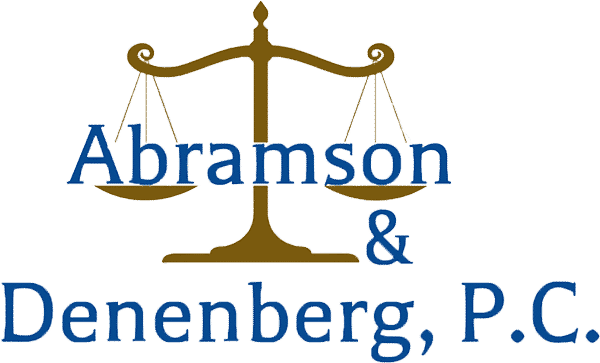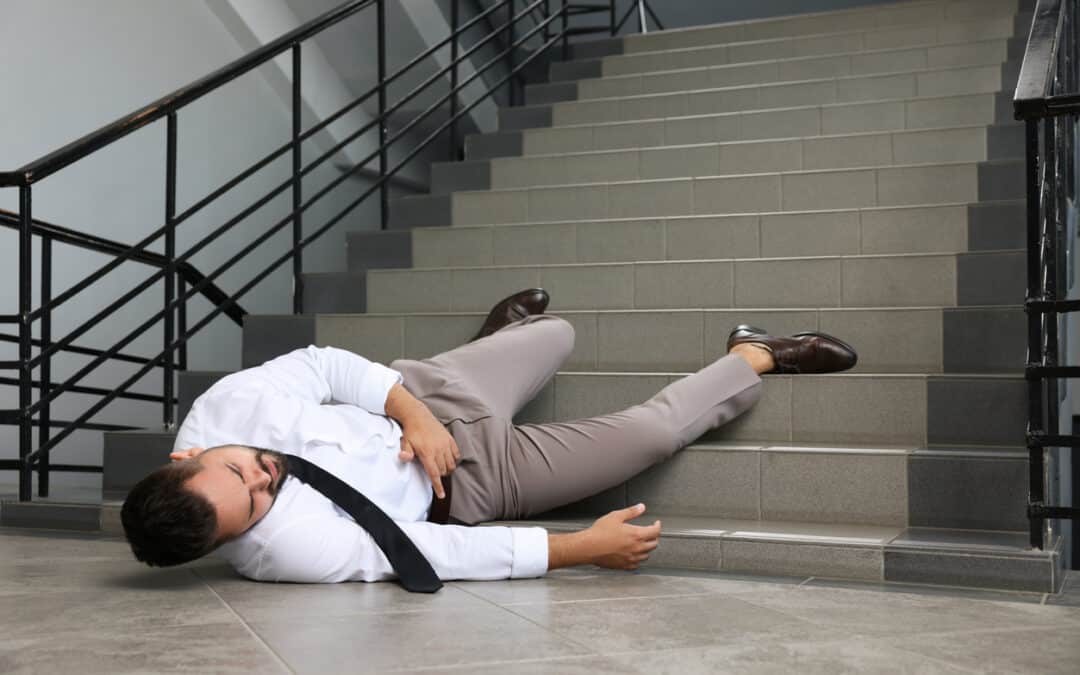How is Premises Liability Related to a Slip and Fall Claim?
Premises liability in Pennsylvania plays a crucial role in slip and fall claims, providing a legal framework for holding property owners accountable for serious injuries that occur on their property due to negligence. In the Keystone State, premises liability laws are designed to ensure that property owners maintain a safe environment for visitors while balancing the rights and responsibilities of both parties involved.
Slips and falls can lead to harmful and costly injuries, including broken bones, traumatic brain injuries, and spinal damage. Unfortunately, if you’ve been hurt on someone else’s property, it may be challenging for you to navigate the state’s legal system on your own and recover the full compensation you deserve. An experienced Philadelphia personal injury lawyer can provide invaluable guidance and representation as you pursue justice for the harm you’ve suffered.
How Does the Status of a Pennsylvania Plaintiff Impact Their Slip and Fall Injury Claim?
Pennsylvania’s premises liability laws are based on the principle that residential and commercial property owners are responsible for keeping their locations in a reasonably safe condition for visitors. The state follows a status-based system that categorizes visitors into three groups: invitees, licensees, and trespassers. This tiered system is crucial in determining the outcome of premises liability cases, including slip and fall claims. Each category is afforded different levels of protection under the law, directly impacting the property owner’s possible liability in the event of an accident.
Invitees
Under Pennsylvania law, invitees receive the highest level of protection. These are individuals who enter the property for a business purpose, such as renters in an apartment complex or customers in a store. Because property owners benefit from the presence of invitees, they must take proactive measures to ensure their safety. Their responsibilities may include regularly inspecting the property for hazards, promptly addressing any known dangers, and warning visitors of potential risks that may not be immediately obvious.
Licensees
Licensees are non-business visitors who have the owner’s permission to be on the property, such as social guests or friends. Although property owners still owe a duty of care to licensees, it is less extensive than that owed to invitees. Owners must warn licensees of known dangers on their property, especially if the visitors are not likely to discover these hazards. However, property owners are not obligated to conduct regular inspections or make special preparations for licensees.
Trespassers
Trespassers are individuals who enter a location without the owner’s permission. Generally, property owners owe the lowest duty of care to trespassers. They are not required to make their property safe for trespassers but must refrain from willfully or wantonly causing harm. However, there can be exceptions to this rule, particularly when it comes to child trespassers. Property owners may need to take special precautions to protect children from attractive nuisances or hazards that might lure them onto the property.
What Are the Main Components of a Premises Liability Claim?
To successfully pursue a premises liability claim in Pennsylvania, including slip and fall cases, the injured party must establish several key elements:
- Duty of care: A plaintiff must demonstrate that the owner of the premises owed them a certain duty of care based on their visitor status.
- Breach of duty: Evidence must show that the owner failed to uphold their responsibilities by not adequately maintaining the property or not warning of known dangers
- Causation: The plaintiff must demonstrate that the property owner’s breach of duty directly caused their injury
- Damages: There must be proof of actual damages experienced as a result of the injury, such as lost wages, medical expenses, or pain and suffering, which can be recovered through the suit
What Factors Can Demonstrate the Negligence of a Property Owner?
To recover compensation in their premises liability claim, the plaintiff needs to prove that the property owner was negligent. Providing proof to show that the owner knew or should have known about the dangerous condition that caused the fall and failed to take reasonable steps to address it can support the plaintiff’s case. For example, suppose a store owner realized an uneven surface on their floor could pose a danger but did not take any measures to fix it or put up signs to warn customers. In that case, they may be considered negligent and legally liable for any resulting injuries.
Some key factors in proving negligence in a slip and fall case may include:
- The length of time the hazard was present
- Whether the property owner had a regular inspection and maintenance routine
- If there were any warning signs or barriers around the hazardous area
- Whether the dangerous condition was obvious or hidden
How Could Pennsylvania’s Laws Affect a Slip and Fall Case?
The victim’s actions leading up to the slip and fall will often be scrutinized just as much as the property owner’s. Pennsylvania law operates under a modified comparative negligence rule in premises liability cases. Under this rule, if the injured party is found to be partially at fault for their accident, their overall compensation may be reduced proportionally to their degree of fault. However, if the plaintiff is found to be more than 50% responsible for the slip or fall, they are barred from recovering any damages. This rule underscores the significance of gathering strong evidence to support the claim that the property owner’s negligence was the main cause of the injury.
It’s crucial to note that Pennsylvania has a two-year statute of limitations for premises liability claims, including slip and fall cases. Injured parties typically only have two years from the incident’s date to file a lawsuit. Failing to file within this timeframe can result in losing the right to seek compensation.
How Can Our Experienced Firm Assist With Your Slip and Fall Claim?
If you’ve fallen and suffered injuries on someone else’s property, it’s critical to seek legal representation as soon as possible. A skilled lawyer from Abramson & Denenberg can evaluate your case and help protect your right to recover compensation for losses like treatment expenses, missed wages, and the pain you’ve experienced. Collecting solid supporting evidence for your premises liability claim is vital. Unfortunately, important information that may prove the owner’s negligence can rapidly be lost as the hazardous area is cleaned or fixed.
By promptly reaching out to a trusted lawyer after your slip and fall injury, you can ensure that you will have the support and skills of a knowledgeable legal team who can help you throughout every step of the claims process. To discuss your case with a compassionate Philadelphia slip and fall attorney, contact our firm today online or by calling 215-398-7066.

